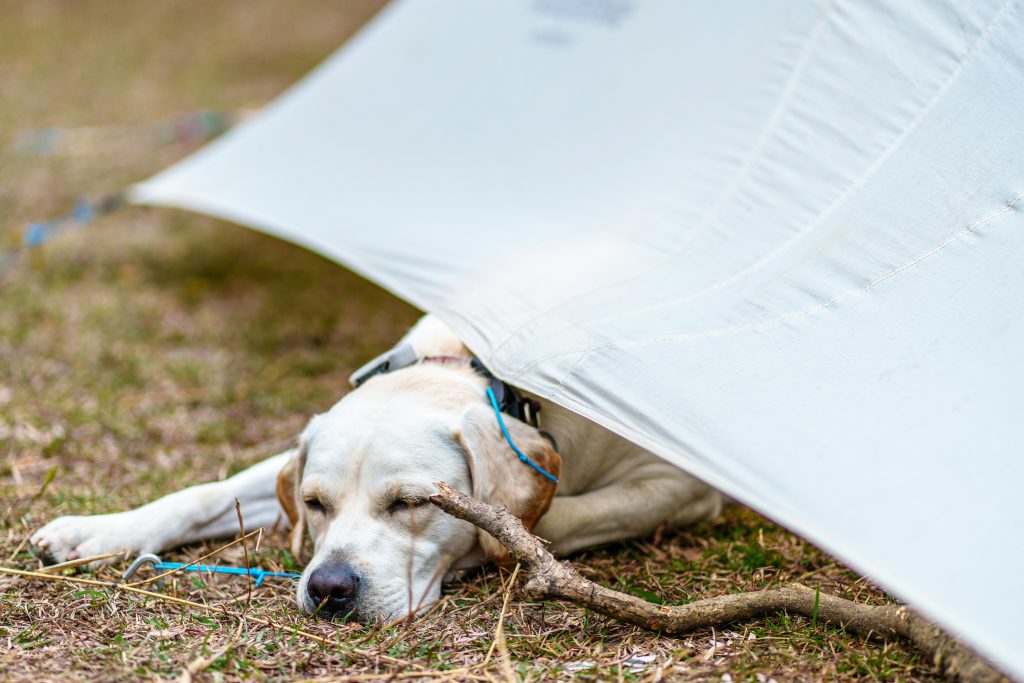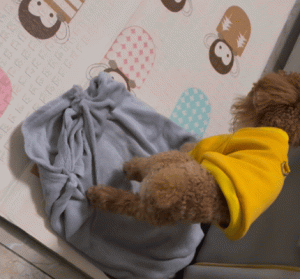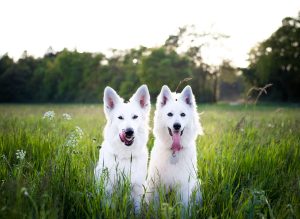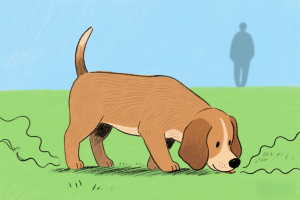The day you brought your puppy home, it was still a soft little ball of fur, curled up in your arms. In its eyes, you could see innocence, dependence, and just a hint of fear. From that very moment, it began to see you as its entire world.Time never speaks, yet it quietly takes away your dog’s youth. Back then, it could run like the wind, and with just one call, it would leap straight into your arms. Now, its movements have slowed down, and its once-bright eyes are no longer as sparkling as before.Have you ever had that sudden moment of realization—your dog has grown old?A dog’s lifespan is never very long, and if you notice the following changes, it means your beloved companion is truly starting to age. Don’t keep waiting for “someday” to spend time together—because the day your dog needs you most might be today.
-
Teeth Are Failing, Eating Becomes Slow
Back then, your dog would snatch food faster than anyone else. Now, it takes forever to chew a single bite, and sometimes it simply refuses to eat. You might think it’s being picky, but in reality, its teeth have become loose—or some may have even fallen out. Chewing hard food causes pain, so it can only nibble slowly while enduring the discomfort. At this stage, don’t blame it for having “no appetite.” Instead, try switching to softer food, break meals into smaller pieces, and occasionally brush its teeth. These small adjustments will make eating much easier.
-
No Longer Able to Run, Even Stairs Cause Shaking
In the past, when you took it out for walks, your dog always led the way. Now it lags behind, breathing heavily after just a short distance, unwilling to move much. This isn’t laziness—it’s because its joints are weakening and its legs no longer have strength. You can consider giving it joint supplements and taking it to flat areas for gentle walks. Don’t push it, but also don’t ignore its needs.
-
Doesn’t Respond When You Call? It Might Not Hear You
If your senior dog no longer reacts when you call, it’s not being disobedient—it may simply not hear you anymore. Many dogs lose hearing and vision as they age. Sometimes, they only notice you’ve returned once you’re standing right in front of them. This slower response isn’t their fault. During this stage, what they need most is your gentle touch and quiet companionship. Even if you say nothing, your presence will bring them peace.
-
Suddenly “Breaking the Rules” with Accidents Indoors
Once upon a time, your dog’s bathroom habits were predictable, with fixed times and places. Recently, though, it may start urinating or defecating around the house. You might feel frustrated, thinking it’s forgotten its training—but that’s not the case. Senior dogs lose control over their bladder and bowels, and some may even show signs of early dementia. Scolding won’t solve the problem; it only makes them anxious. Instead, set up a convenient potty area at home, observe their habits, and take them to the vet if necessary.
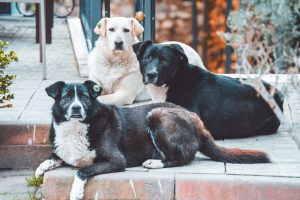
-
Suddenly Gains or Loses a Lot of Weight
As dogs age, their metabolism slows down. Some gain weight easily despite eating very little, while others eat normally but lose weight quickly. This usually isn’t just a nutrition issue—it could be related to endocrine problems, such as thyroid disorders. Weight management and a proper diet are essential. Keep an eye on fluctuations—don’t let your dog become overweight, but don’t let it get too thin either.
-
Coat Loses Shine and Sheds Excessively
You may notice your dog’s fur no longer looks smooth or glossy. The color fades, white hairs appear, and the coat feels coarse and dry, with increased shedding. At this stage, you can help by offering protein- and vitamin-rich foods and brushing your dog’s coat more often. This isn’t about appearance—it’s about keeping them comfortable.
-
Sleeping More, Lacking Energy, and Losing Interest in Play
In the past, the moment you picked up the leash, your dog would be bursting with excitement. Now, when you wave the leash, it just glances at you before going back to sleep. This is your dog’s body telling you it no longer has the same energy. Don’t rush it or force it to play. Simply sitting quietly by its side, letting it rest in peace, is the best kind of companionship you can give.
-
Becoming Sensitive to the Cold, Always Seeking Warmth
When winter arrives, your senior dog constantly looks for sunny spots or stays near the heater, reluctant to move away. Its fur and body fat are no longer enough to keep it warm against the cold. You can prepare a cozy bed with thick padding, and at night, make sure it doesn’t catch a chill. A little extra warmth will make your aging dog feel safe and cared for.
When Your Dog Gets Old.Aging is not a disease—it simply means your dog has entered another stage of life. It is still the same little pup you once carried home, only now it needs you more than ever.Don’t wait until the day it’s gone to regret not spending enough time with it. If you notice that your dog is showing three, four, or even more of these aging signs, then from today onward, treat it a little better.Hold it more often. Spend more time with it in the sunshine. Give it a little extra patience. Let it know that it has not been forgotten, and that it is still your most important family member.Don’t let your dog grow old in loneliness.

